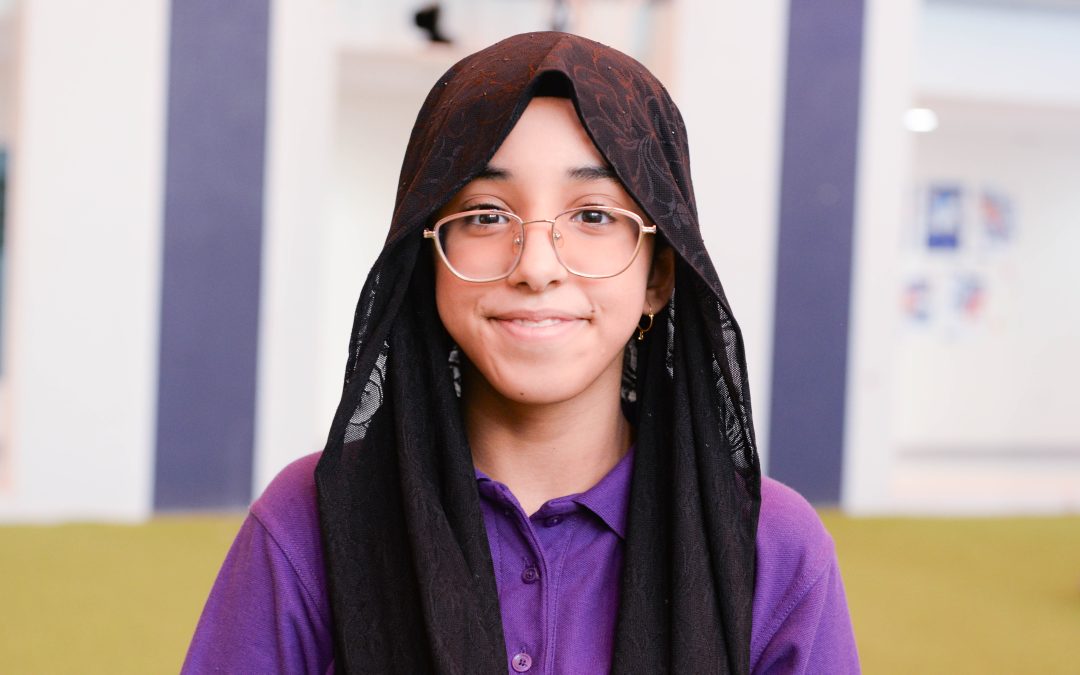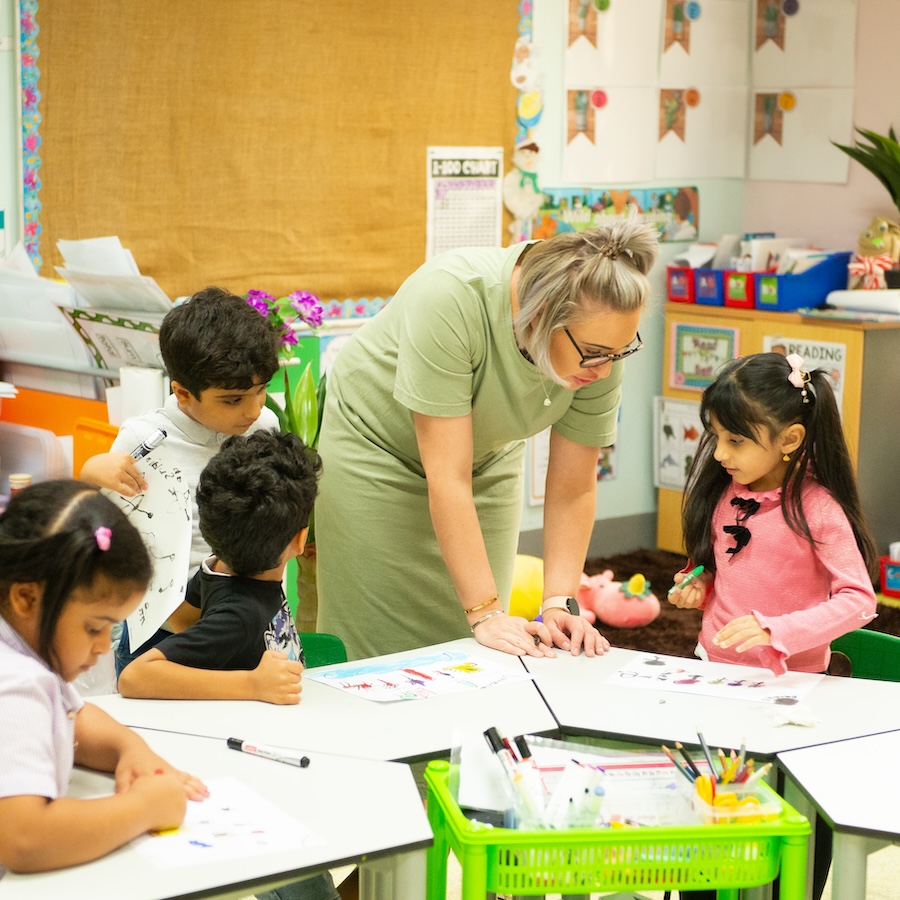At Ellesmere Muscat, we understand the transformative power of education, particularly in the formative years of a child’s learning journey. In our International Baccalaureate (IB) Primary Years Programme (PYP), we embrace a holistic approach that recognizes the significance of play in nurturing young minds. In this blog post, we will explore how play stands as an essential and integral part of learning in our early years PYP programme.
Play as a Gateway to Holistic Development
Play is not just a pastime for young children; it is a fundamental aspect of their cognitive, social, emotional, and physical development. At Ellesmere Muscat, we consider play as a powerful tool for learning and growth.
Development of Imagination and Creativity
Play fosters a child’s imagination and creativity. Whether it’s engaging in imaginative role-play scenarios or creating with blocks and art materials, children are encouraged to explore and express themselves freely, nurturing their creative abilities.
Social and Emotional Skills
Through play, children learn essential social and emotional skills. They engage in sharing, negotiation, and collaboration, laying the groundwork for positive social interactions. Play provides a safe space for children to understand their emotions and develop empathy, crucial for their future relationships.
Cognitive Development and Problem-Solving
Play offers an environment for cognitive growth and problem-solving. Whether solving puzzles, sorting shapes, or experimenting during pretend play, children develop critical thinking skills and enhance their ability to analyze, strategize, and resolve challenges.
Physical Development and Well-being
Physical play, whether through outdoor activities or structured exercises, contributes to a child’s physical health and well-being. It aids in the development of motor skills, coordination, and overall fitness.
The Integration of Play in the PYP Curriculum
At Ellesmere Muscat, we integrate play seamlessly into our PYP curriculum, recognizing it as a crucial component of learning. Our educators design engaging activities and learning experiences that leverage the power of play to enrich and deepen the educational journey.
Inquiry-Based Play
Our curriculum encourages inquiry-based play, allowing children to explore their curiosities and interests. Through guided play, they delve into subjects, experiment, and make discoveries, fostering a love for learning.
Transdisciplinary Learning Through Play
Play is not confined to specific subjects but encompasses transdisciplinary learning. Activities are designed to integrate various areas of knowledge, allowing children to make connections across different subjects and apply their learning in practical ways.
Educator Facilitation of Play
Teachers at Ellesmere Muscat serve as facilitators, guiding and supporting play-based activities. They observe, interact, and guide children, providing the necessary scaffolding for optimal learning experiences.
Play is not just a break from learning; it is a significant and purposeful part of learning itself. At Ellesmere Muscat, we believe in the power of play to cultivate well-rounded individuals. Our PYP program prioritizes play as a vehicle for fostering creativity, social development, critical thinking, and physical well-being in the early years. Through a balanced and intentional approach to play-based learning, we ensure that every child’s educational journey is not only enriching but also joyous and fulfilling.

“Play is often talked about as if it were a relief from serious learning. But for children, play is serious learning. Play is really the work of childhood.”
“يتحدث الناس في كثير من الأحيان عن اللعب كوسيلة للابتعاد عن التعلم الجاد. ولكن بالنسبة للأطفال، اللعب هو تعلم جاد حقًا. إن اللعب هو بالفعل عمل الطفولة.”
Learn more
2m 46 video about IB in Early Years education




